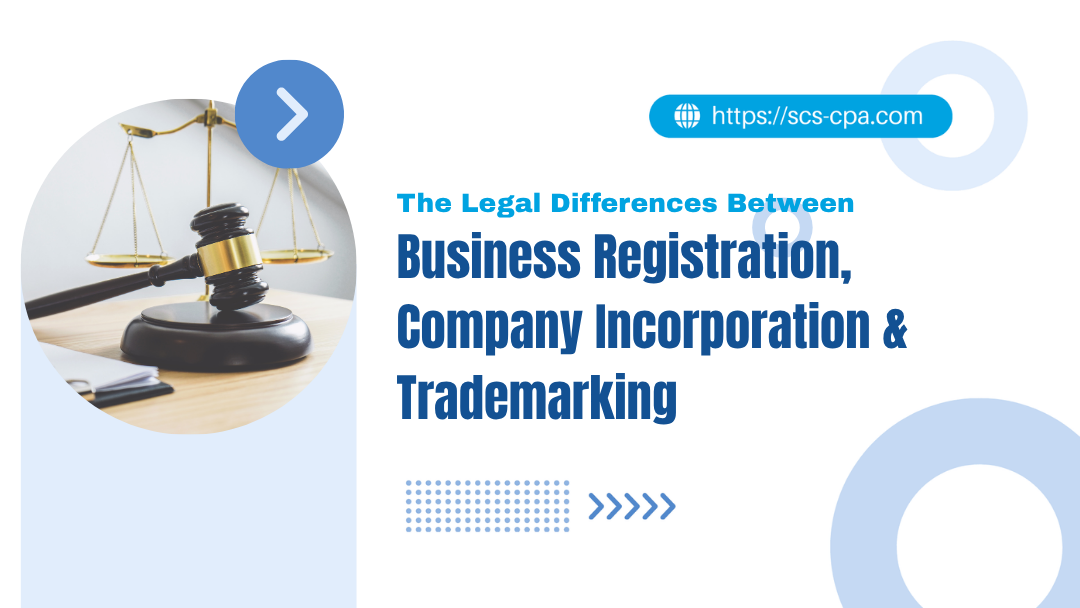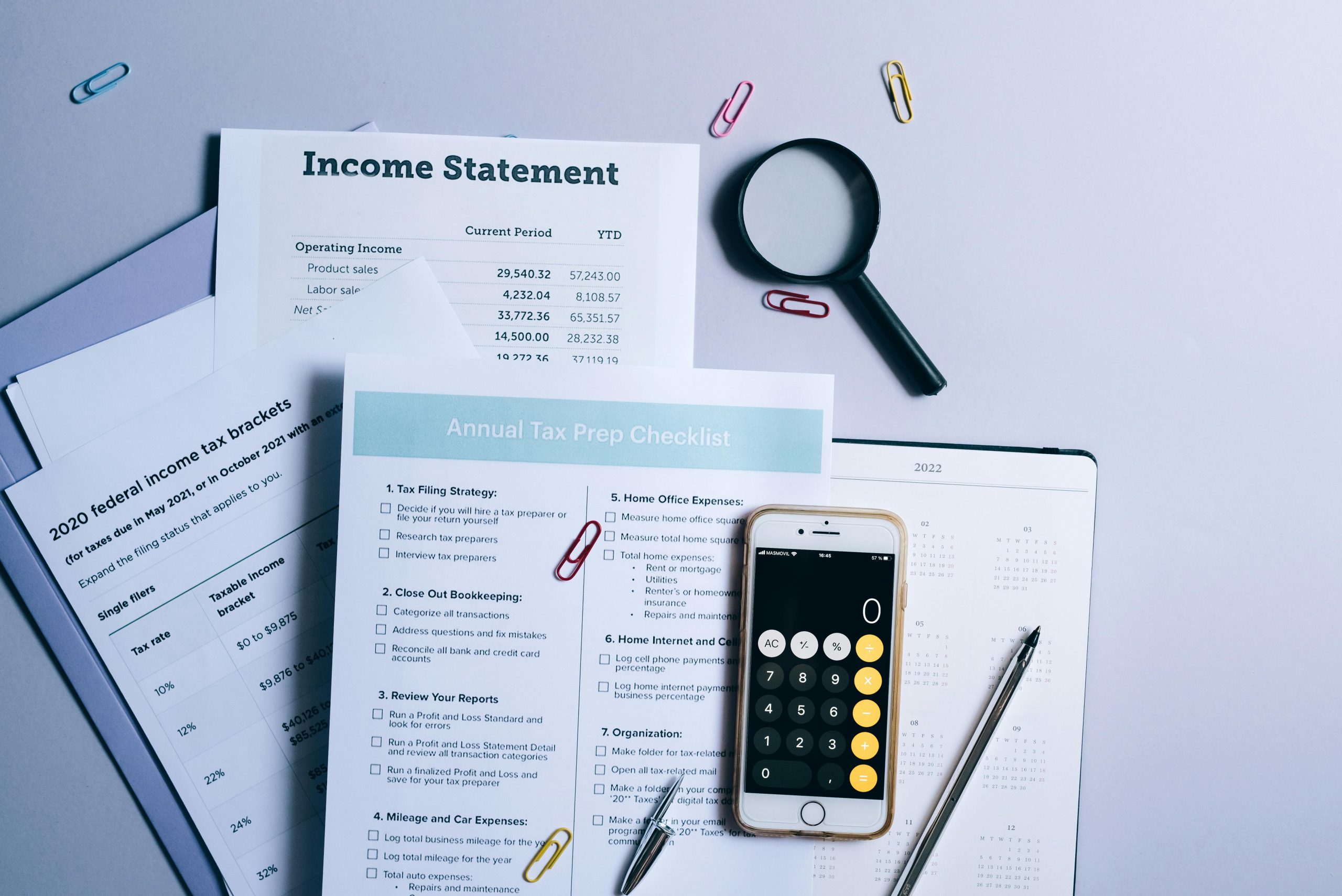
Filing your income tax return in Singapore on time and accurately is important. It helps you stay compliant and get tax benefits. Hence, tax season is a crucial time for everyone in the workforce.
In this guide, we explore the fundamentals of Singapore’s corporate taxation. It includes key filing deadlines, tax rates, deductions, filing procedures, and the consequences of mistakes. It also offers advice for foreign and foreign-owned companies.
1. Introduction to Taxes in Singapore

The tax return in Singapore has separate filings for individuals (income tax) and companies (corporate tax). Corporate income tax is charged on profits made by companies at a flat rate of 17%. There are also specific exemptions and reliefs available.
Corporate Tax Return Forms
- Form C: Full return for companies with complex finances.
- Form C-S: Simplified return for small companies (annual revenue ≤ SGD 5 million).
- Form C-S Lite: For tiny companies (≤ SGD 200,000 revenue) with straightforward income.
Key 2025 Deadlines for Tax Return in Singapore
Companies must adhere strictly to deadlines to avoid penalties and enforcement actions. Here are a few dates to mark on your calendar:
| Due Date | Filing/Requirement | Notes |
| Within 3 months of the FY end | Estimated Chargeable Income (ECI) filing | Waivers for small companies may apply |
| November 30, 2025 | Corporate Income Tax Return (Form C/S / C-S Lite) | Mandatory for all companies |
| 1 month after Notice of Assessment issuance | Payment of tax due | Penalties apply for late payments |
| Within 6 months of the FY end | Annual General Meeting (AGM) | Statutory meeting obligation |
| Within 7 months of the FY end | Annual Return (AR) filing with ACRA | Corporate registration compliance |
More reads: Corporate Income Tax: A Guide to Prepare Your Business for the End of the Financial Year
2. Tax Rates and Calculations

Taxable, Non-Taxable Income, and Deductions
- Taxable Income: Includes profits from trade/business, rental income, royalties, interest, and premiums. Dividends received from Singapore-resident companies are exempt under the single-tier tax system.
- Non-Taxable Income: Capital gains, some foreign-sourced incomes, and income exempted under incentive schemes.
- Allowable Deductions: Expenses wholly and exclusively incurred in producing assessable income. Examples include:
- Business rental and utilities
- Employee salaries and CPF contributions
- Repairs and maintenance (not capital expenditure)
- Advertising and marketing costs
- Professional and consultancy fees
- Interest on business loans
Non-allowable deductions include personal expenses, capital expenditures, fines, and private expenses.
Singapore Corporate Tax Rates for 2025
| Chargeable Income (SGD) | Tax Rate (%) | Applicable Notes |
| First 100,000 | 8.5 | Partial exemption for SMEs |
| Next 190,000 | 17 | Standard corporate tax applies |
| Above 290,000 | 17 | Applies to additional profits |
Example: Corporate Tax Calculation
For a chargeable income of SGD 400,000:
- 8.5% on first SGD 100,000 = SGD 8,500
- 17% on next SGD 190,000 = SGD 32,300
- 17% on remaining SGD 110,000 = SGD 18,700
Total payable tax: SGD 59,500
3. How to File Tax Return In Singapore
- File the Estimated Chargeable Income (ECI) within three months after the financial year-end (waivers available).
- Submit annual corporate tax returns (Form C, C-S, or C-S Lite) via IRAS myTax Portal by November 30, 2025.
- Pay tax within one month of receiving the Notice of Assessment.
- Amendments can be made through IRAS online services before the final assessment.
4. Consequences of Filing Issues
| Filing Issue | Penalties | Notes |
| Late Filing | SGD 200 to 1,000 fine | Increased with longer delays |
| Non-Filing | Estimated tax assessments and enforcement actions | Tax based on IRAS estimates |
| Late Payment | 5% initial penalty + 1% monthly (up to 12%) | Based on the unpaid amount |
| Serious or Repeated Breaches | Fines up to SGD 10,000 and/or criminal prosecution | For fraudulent or wilful offences |
| Tax Evasion | Up to 400% of tax is undercharged, plus fines and imprisonment | Serious penalties for deliberate evasion |
5. Tax Reporting for Business Types
| Business Type | Filing Obligation | Required Tax Forms |
| Sole Proprietorship | Reported on personal income tax return | Form B / B1 |
| Self-Employed | Declare business income on personal tax | Form B / B1 |
| Partnerships | Partnership files separate returns; partners report individually | Form P (Partnership)/ Form B (Partners) |
| Companies | File annual corporate tax returns | Form C, C-S, or C-S Lite |
More reading: Which Business Structure Should I Choose for a Startup in Singapore? (2025)
6. Tax Filing for Foreigners and Foreign-Owned Companies

Requirements and Essential Documents
- Certificate of Incorporation, Business Profile from ACRA
- Board resolution authorising tax filing and appointing directors/signatories
- Identification documents of directors and shareholders (notarised if overseas)
- Financial statements and computations
- CorpPass or SingPass Foreign Account (SFA) for IRAS portal access
Step-by-Step Guide
- Register for CorpPass or SingPass Foreign Account for e-filing access.
- Compile necessary corporate documents and identification proofs.
- File ECI within 3 months of the financial year-end, if applicable.
- Submit annual tax returns by November 30, 2025.
- Pay taxes within one month upon receiving the Notice of Assessment.
- File amendments or appeals promptly through IRAS digital services.
7. Frequently Asked Questions (FAQs)
- Does a dormant company need to file a tax return in Singapore?
Yes, dormant companies must file a nil tax return annually or request a dormancy waiver from IRAS. - Can I make changes after I’ve filed my taxes?
You can re-file once before the filing deadline or submit an amendment after receiving your tax bill. - What if I don’t agree with the tax bill?
You can file an objection or appeal with IRAS within the stipulated time using online services. - Are tax bills and Notice of Assessment the same?
No, the Notice of Assessment (NOA) details the tax amount assessed; the tax bill is the demand for payment based on the NOA. - Is foreign income taxable?
Generally, foreign-sourced income is exempt unless related to trade/business in Singapore.
8. Useful Government Resources
- IRAS Corporate Income Tax Filing 2025
- GoBusiness | e-Services
- IRAS myTax Portal
- SingPass and CorpPass Access
Conclusion
Singapore’s corporate tax system is competitive and easy to understand. However, it requires strict compliance with deadlines and paperwork. Companies enjoy many exemptions and relief programs. E-filing makes submissions easier and speeds up processing. Foreign and foreign-owned companies must follow specific rules to remain compliant.
Hence, staying informed about tax obligations helps your company avoid penalties. If you are new or require guidance, you can also connect with professionals like SCS for advice and to stay updated. If you are unsure where to begin, take this article as your reference: 5 Questions to Ask Your Accountant at Tax Time.
Disclaimer: The information provided in this article is intended for general guidance only and reflects regulations as of the publication date. Given that compliance requirements, processes, and fees may change over time, readers are advised to consult official sources such as ACRA for the most up-to-date information or seek professional guidance from our team.
Have A Question?
Connect with us for more guidance
before you file your tax
return in Singapore.
Understanding the Core Types of Audits and Their Roles in Accounting in Singapore
Learn the key types of audits in Singapore to build trust and stay compliant. Examples are statutory, internal, GST, and forensic.
How to Change Your Company Name in Singapore
A company's name can significantly shape its identity, yet there are times when a change becomes...
Is Singapore a Tax Haven? A Comprehensive Analysis
Is Singapore really a tax haven, or is it simply capitalising on tax policies that spur economic...



